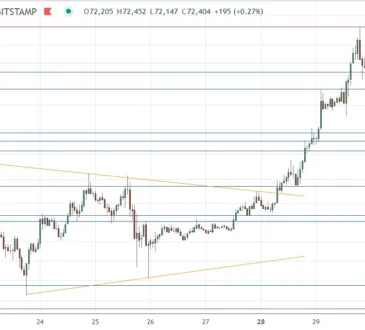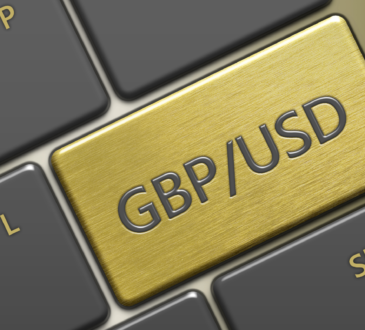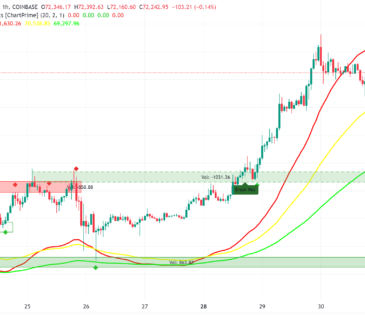The value of foreign exchange turnover in the first six months of the year on the Nigerian Autonomous Foreign Exchange Fixing rose 35.79 per cent to $52.78bn.
This was based on an analysis of the monthly market reports from the FMDQ Securities Exchange, where the official foreign exchange market is domiciled.
FX turnover is the sum value of all transactions performed in the foreign exchange market in January, reflecting increased trading activities in the forex market in the period under review.
The analysed data indicated that in the half year, March recorded the highest turnover at $12.61bn (N19.29tn), with the naira trading at an average of 1524.04/$, lower than the $8.95bn (N4.13tn) turnover for the same month in 2023.
In May, players in the market traded about $11.42bn worth of forex at an average of 1435.87/$, 83.89 per cent higher than the $6.21bn recorded in the corresponding period of last year.
The FX turnover in April was $9.12bn (2023: $4.72bn), with February recording the fourth highest turnover at $8.54bn (2023: $5.88bn), June recorded $6.72bn (2023: $7.73bn), and January saw the lowest FX turnover at $4.37bn, which was lower than what it was in the same month of last year ($5.38bn).
According to the Central Bank of Nigeria, Economic Report of February 2024, released recently, the average foreign exchange turnover grew by 180.47 per cent in one year to $240.64m as of the end of February.
It indicated that on a month-on-month basis, the average FX turnover in the official window rose by 131.59 per cent in February to $240.64m compared with $103.91m in January.
In June 2023, the CBN abolished the segmentation of the FX market into different windows.
The statement from the apex bank partly read, “All transactions will now be done through the Investors and Exporters window, where the exchange rate will be determined by market forces. Applications for medicals, school fees, BTA/PTA, and SMEs would continue to be processed through deposit money banks.”
The CBN also announced reintroducing the ‘willing buyer, willing seller’ model at the I&E window, which allows eligible transactions to access foreign exchange based on the guidelines outlined in the circular dated April 21, 2017.
The local currency has remained unstable since it was floating, despite spirited efforts by the CBN under Dr Olayemi Cardoso to stabilise it.
At the end of 2023, the naira closed at 911/$, signalling a significant drop in six months.
According to Bloomberg, the naira was the worst-performing currency in the world at the close of the first half of the year.
The fate of the naira was driven by devaluation, insufficient dollar liquidity, and market volatility, which have hindered efforts by the Central Bank of Nigeria to strengthen the currency.
According to PwC in its latest economic report on Nigeria, the naira depreciated against the dollar by 67.8 per cent from an average of 461.1/$ in May 2023 to 1,433.80/$ in May 2024.
“The depreciation took effect despite foreign exchange market reforms by CBN to achieve price discovery and attract liquidity to the market,” PwC said.
The naira closed trading on Tuesday at 1,601/$ with a daily turnover of $61.90m.





